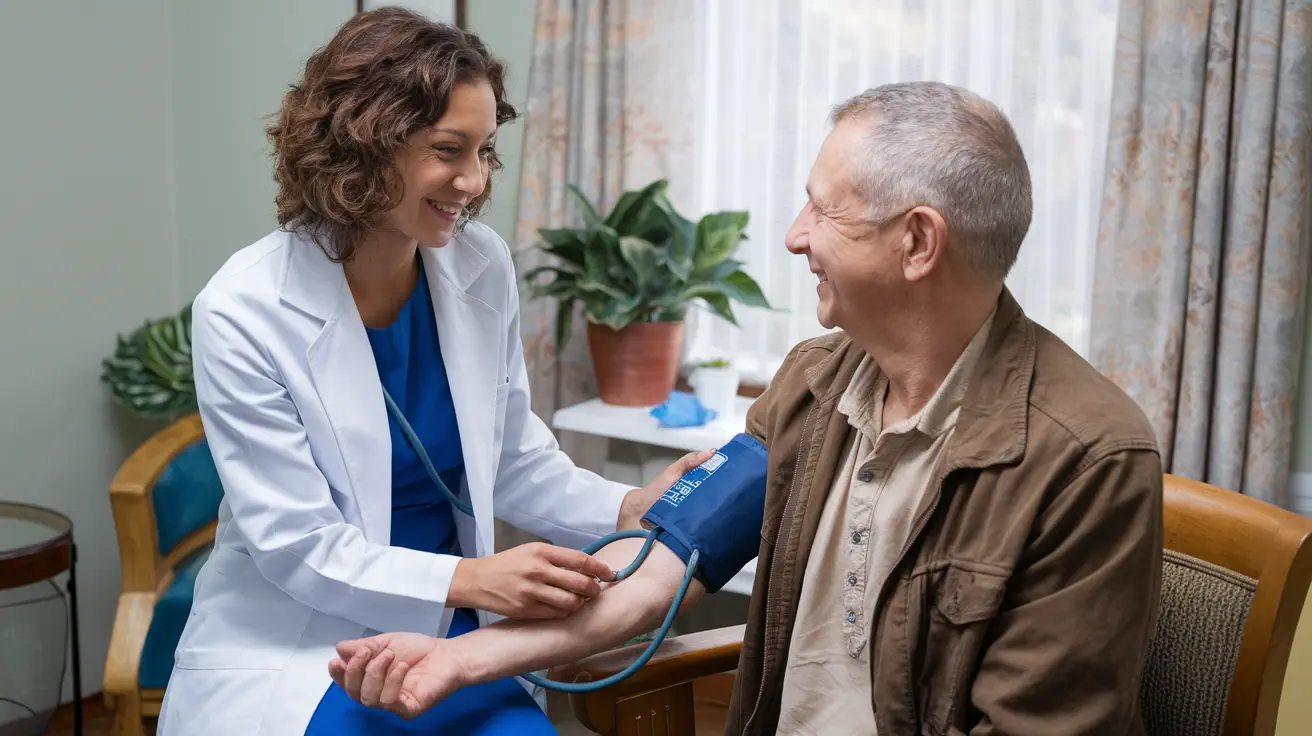
Maintaining your health is not just about eating well and exercising—it also involves regular health screenings. These routine tests can detect early signs of disease, even before you experience any symptoms, giving you the chance to take action and prevent more serious health issues.
Many people neglect health screenings, often due to a lack of time or awareness, but early detection can make a significant difference in outcomes. In this article, we’ll discuss why regular health screenings are essential, what you should check for, and when to schedule these important tests to stay on top of your health.
Why Are Health Screenings Important?
1. Early Detection of Health Issues
Health screenings are designed to catch potential health problems at an early stage, often before symptoms appear. Detecting conditions like high blood pressure, diabetes, or cancer early can lead to more effective treatment options and a better chance of recovery.
2. Prevention and Wellness
Screenings can help you maintain your health by identifying risk factors such as high cholesterol or abnormal blood sugar levels. By addressing these issues early, you can prevent chronic diseases from developing and keep your body in optimal condition.
3. Peace of Mind
Regular health check-ups give you peace of mind, knowing that you are actively monitoring your health and taking steps to prevent problems before they arise.
4. Better Long-term Health
Staying proactive with your health screenings leads to better overall health management, reduced healthcare costs, and increased longevity.
Key Health Screenings You Should Have
Different screenings are recommended based on age, gender, and risk factors. Below are common screenings you should consider at various stages of life.
1. Blood Pressure Check
Why It’s Important: High blood pressure is a major risk factor for heart disease and stroke. Since it often has no symptoms, regular blood pressure checks are essential to identify any issues early.
When to Get It: At least once a year, starting at age 18.
2. Cholesterol Test (Lipid Panel)
Why It’s Important: High cholesterol can lead to heart disease, stroke, and other health complications. Regular testing helps you monitor your cholesterol levels.
When to Get It: Every 4-6 years starting at age 20. If you have a family history of heart disease or other risk factors, get tested more frequently.
3. Blood Sugar Test
Why It’s Important: Testing for blood sugar levels can help detect early signs of diabetes or pre-diabetes. Early intervention can prevent or delay the onset of type 2 diabetes.
When to Get It: Every 3 years starting at age 45, or earlier if you have risk factors such as obesity or a family history of diabetes.
4. Cancer Screenings (Breast, Cervical, Prostate, Colon Cancer)
Why It’s Important: Regular cancer screenings can help detect cancers early when they are most treatable. Specific screenings depend on age, gender, and risk factors.
When to Get It:
- Breast Cancer: Mammogram every 1-2 years starting at age 40 or earlier if you have a family history.
- Cervical Cancer: Pap smear every 3 years starting at age 21, or HPV test after age 30.
- Prostate Cancer: Discuss with your doctor at age 50, or earlier if you have risk factors.
- Colon Cancer: Colonoscopy starting at age 45 or earlier if you have a family history.
5. Skin Cancer Screening
Why It’s Important: Skin cancer is one of the most common cancers, but it is also one of the most preventable and treatable when caught early.
When to Get It: Annually, especially if you have a history of sunburns, tanning bed use, or a family history of skin cancer.
6. Vision and Hearing Tests
Why It’s Important: As we age, our vision and hearing can decline, often without noticeable symptoms. Regular tests help you detect any issues early, improving your quality of life.
When to Get It: Every 1-2 years starting at age 50, or more frequently if you notice changes in vision or hearing.
7. Bone Density Test
Why It’s Important: Osteoporosis is a silent condition that weakens bones, making them more prone to fractures. A bone density test helps detect early signs of bone loss.
When to Get It: Women should begin at age 65, or earlier if you have risk factors like a family history of osteoporosis or previous fractures.
8. Hepatitis and HIV Screening
Why It’s Important: Early detection of hepatitis and HIV can significantly improve your health outcomes with the right treatment.
When to Get It: If you are at risk, get screened regularly. The CDC recommends hepatitis C screening for anyone born between 1945 and 1965. HIV testing is recommended for everyone at least once in their lifetime, and more frequently if you’re at higher risk.
When to Schedule Your Health Screenings
Regular health screenings should be incorporated into your annual check-up with your healthcare provider. However, the exact timing will vary depending on your age, family history, and lifestyle factors. Here are some general guidelines:
- Under 40: Schedule regular screenings for blood pressure, cholesterol, blood sugar, and basic cancer screenings as recommended.
- 40-50: Increase the frequency of cancer screenings, including mammograms, colonoscopies, and cholesterol checks.
- 50 and Beyond: Schedule more frequent screenings for prostate health, bone density, and skin cancer checks.
Final Tips for Staying on Top of Health Screenings
✔ Don’t Skip Your Annual Check-ups: Make your health a priority by scheduling regular visits with your doctor.
✔ Stay Informed: Keep track of your health screenings and follow up with your healthcare provider to ensure you’re getting the necessary tests.
✔ Know Your Risk Factors: Family history, lifestyle habits, and pre-existing conditions can affect which screenings you need.
✔ Be Proactive: Early detection is key to prevention—don’t wait until symptoms appear to get checked.
